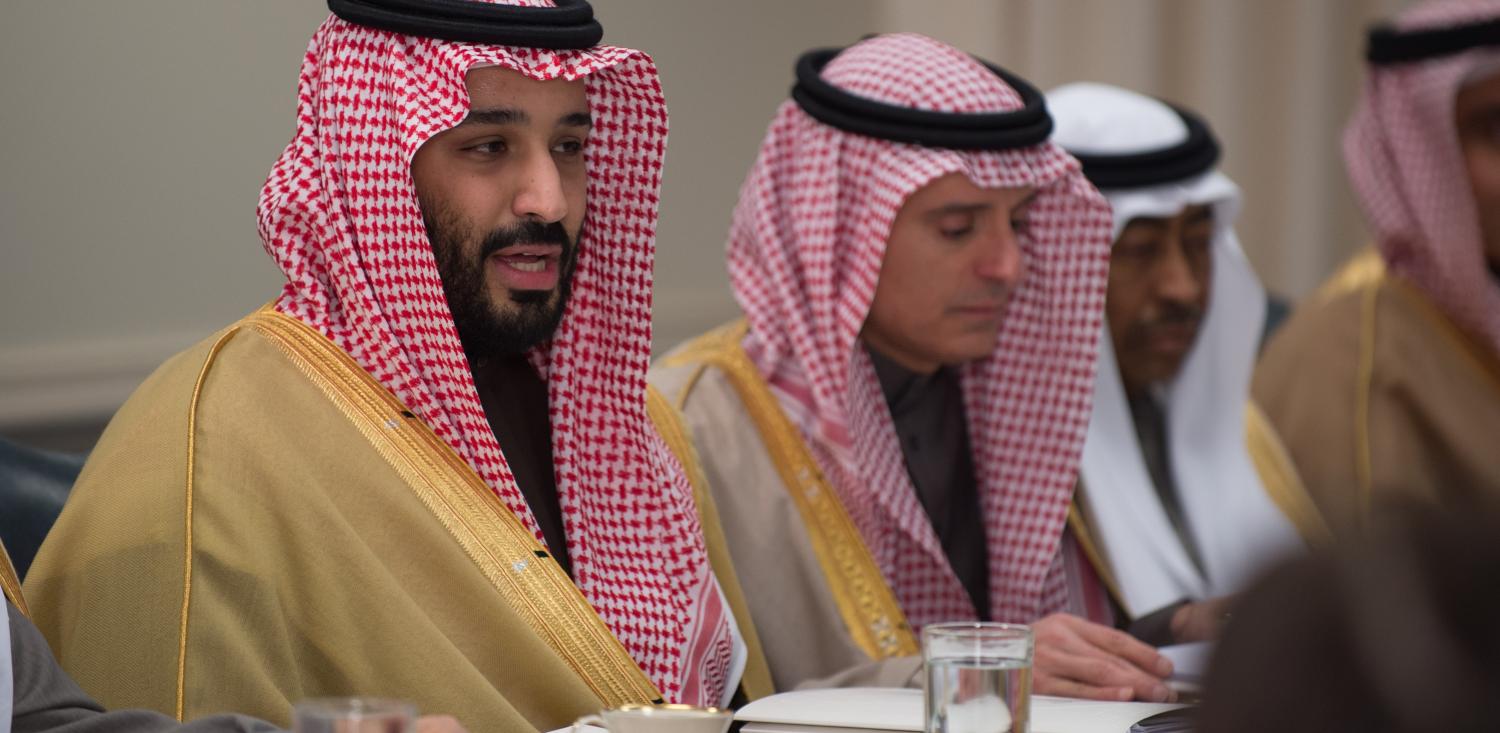Iraqi Shia Cleric Muqtada al-Sadr's reconciliation tour of Sunni-run Gulf states continued this week, following up his visit to Riyadh to see Saudi Crown Prince Mohammed bin Salman with a visit to the UAE. There he was met by the Crown Prince of Abu Dhabi, Mohammed bin Zayad.
There is little doubt that Gulf states have decided to try a carrot-based approach towards Iraq Shia leaders in attempting to blunt Iranian influence in Iraq, rather than flail around by either ignoring or working against the system. These actions haven't gone unnoticed in Tehran, with the media largely reacting negatively to Saudi Arabia's transparent moves.
It is a common mistake to treat Shia communities anywhere, let alone Iraq, as a homogeneous bloc. When they operate within a sectarian political system, their ideological differences are exacerbated by the normal competition for allies, resources and influence that federal politicking involves. Iranian and Iraqi Shia are both connected and separated by history and geography, and their religious-political leaders have a keen understanding of the way in which regional and local politics works.
Hence Sadr's willingness to be seen to be courted by Gulf Sunni ruling families. Sadr has shown himself in the past to be a particularly flexible politician, and with Iraqi parliamentary elections due next year, he would have understood that it was good politics to be seen in the presence of wealthy Gulf political leaders at the same time as Riyadh is making noises about greater economic links with Iraq.
But we should also not confuse Saudi Arabia's 'carrot' approach towards Iraq's Shia as a major change in response to what it sees as Iranian-inspired adventurism around the region. Rather, it is a small change in tactics. There is still plenty of stick. One need look no further than the Kingdom's Eastern Province, where a rather different Sunni-Shia dynamic is playing out in the sometimes restive province. This time, fighting in the town of Awamiyya (the home town of Sheikh Nimr al-Nimr, the Shia cleric executed in Saudi Arabia last year) has resulted in numerous casualties.
The Arab-Persian-Sunni-Shia-Riyadh-Tehran relationship is a complex one, and the events of recent weeks simply go to show that the complexity continues.

